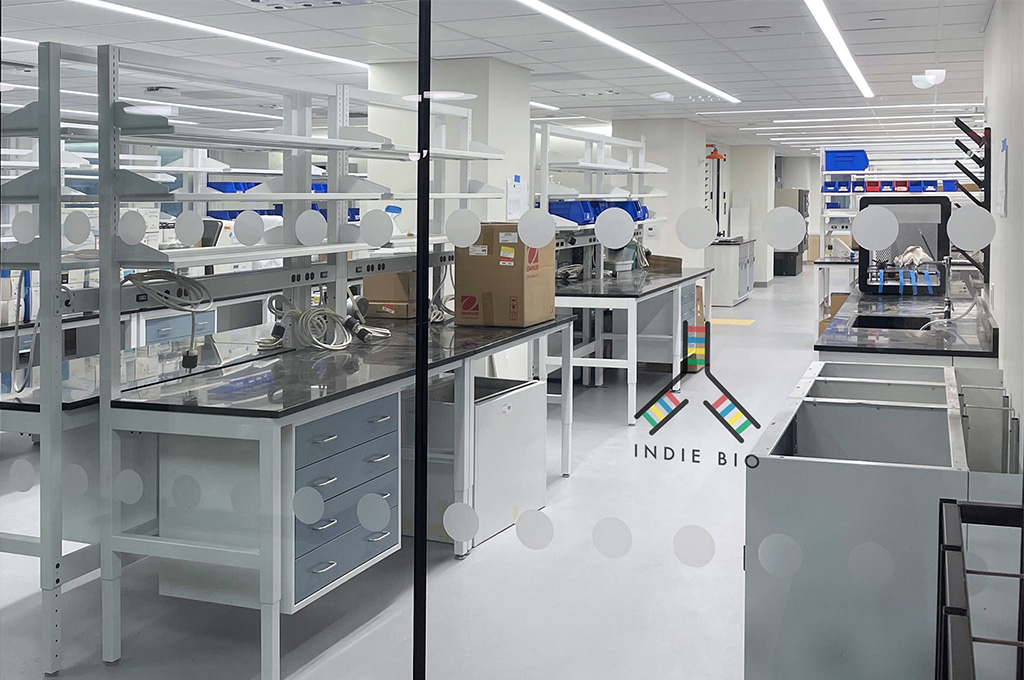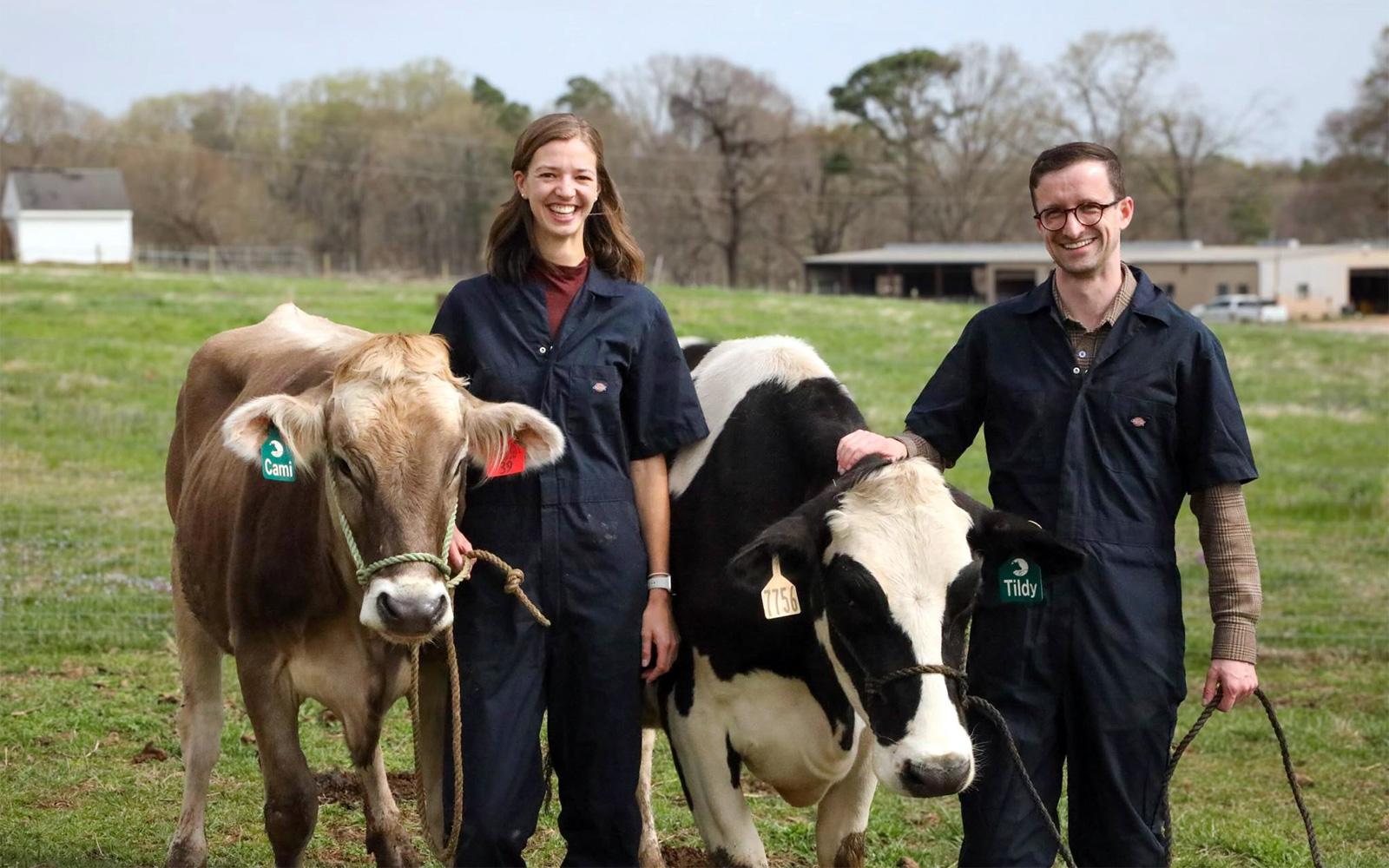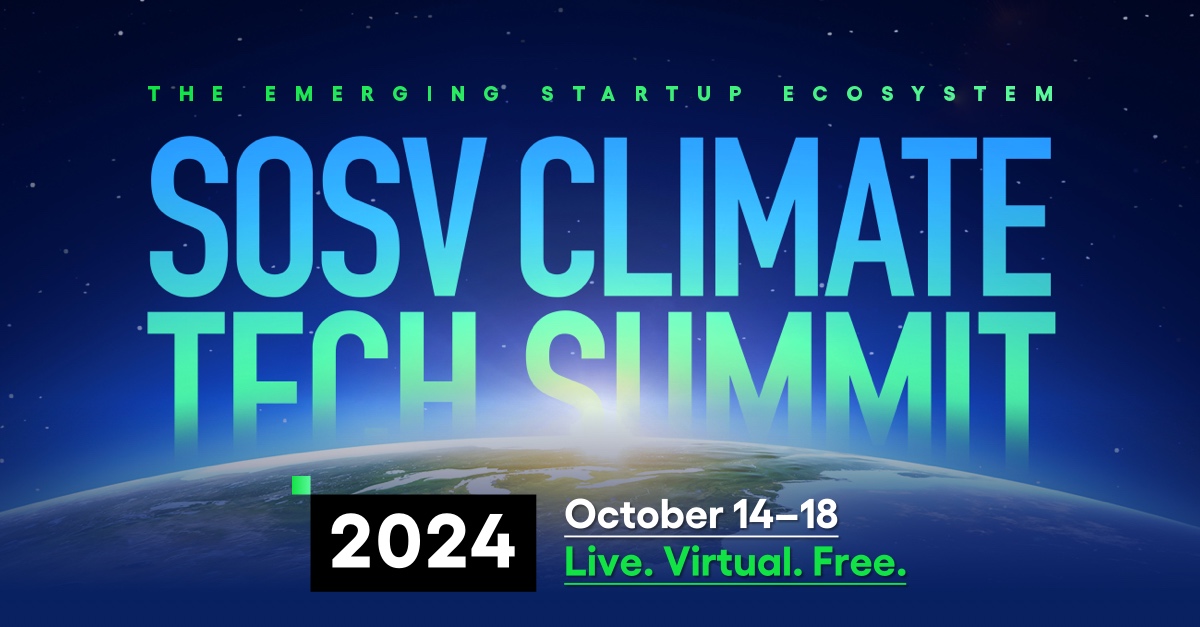
In my 2.5 years as a co-founder of ZappyLab, the most surprising aspect of entrepreneurship for me has been the realization that graduate academic training is just perfect for founding a startup. I can’t think of any other training program that could have better prepared me for the challenges of creating a company. The skills I acquired in the 6 years of PhD work are precisely the ones essential for a startup.
I will discuss in detail below the specific similarities of academia and startups; however, I first want to repost my answer to a postdoctoral researcher who asked if an MBA or some business classes could help to transition from academia to industry.
As a sixth-year postdoc, you have over a decade of training. You are more trained than effectively the entire world labor force.
The last thing you need now is additional classes.You are an extremely valuable employee because you are a scientist. It’s not the pipetting skills or the protein you have been studying – it’s the fact that you are a scientist that makes you so valuable. You know how to research, form hypotheses, test them, analyze and evaluate results, make quantitative conclusions, and communicate the results to others.
The problem we have is that we have not been exposed to non-academic careers. While good mentors are supportive of all career plans (see here), good mentors are rare. We are trained to be professors, even though only a small fraction of the PhDs in life sciences will actually become faculty. Non-academic careers are called “alternative”, even though the numbers make it clear that it’s the professor job that is “alternative”.
Scientists simply don’t know that they are valuable outside of academia. How many know that intellectual property (patent) law firms will hire PhDs and will pay for them to go to law school? How many know that life science venture capital firms hire PhDs to evaluate proposals? How many scientists know that graduate training is PERFECT for founding a startup? Think about lab meetings and the qualifying exam – it’s all about presenting, communicating, and defending your ideas. That’s exactly the set of skills key in pitching to investors. And running a startup is all about experimenting, evaluating, and forming new hypotheses. There are so many levels on which academia and the startup world are similar, I could give a 2-hour talk on this! For the sake of brevity, I’ll just say that I know many startup founders, and not a single one of them has an MBA. Conversely, I know many MBAs, and not one of them has co-founded a startup.
And now for the concrete similarities.
Lab Meetings and Pitching to Investors
This may be the most valuable commonality. The qualifying exam, thesis committee meetings, and lab meetings sharpen the communication skills spectacularly. You learn to make effective presentation slides and to present to a small and hyper-critical audience. You need to master the non-aggressive control. Answer all questions and the lab meeting just got away from you; you did not present the key data and did not get advice on the parts you really care about. But you can’t be dismissive or aggressive. Same thing with the qual – answer everything without any control of the flow, and you never get past Aim 1. Most of all, these meetings are all about fielding questions. Just as with control of the tempo, this is an art. You need to convey confidence and defend your ideas and positions. Yet, you also need to be open to advice. If you are too dismissive, your colleagues will stop asking anything at your meetings, and that defeats the purpose of the entire exercise.
The above perfectly describes a meeting with an investor. These are strong and sharp personalities, just as the researchers you are used to. They want confident answers and a founder who has obviously thought through all contingencies. At the same time, they don’t want to be cut off and don’t like feeling stupid if you belittle their questions. They also want to make sure that if they invest, you are a type of founder who is open to advice and suggestions. Investors don’t like to think of themselves as just wallets; many will be getting a board seat, and if you don’t listen to anyone, they won’t want to be on your board and that means won’t want to invest in your company.
Handling Rejection–the Manuscript Reviewers and Venture Capitalists
Good results, getting your PhD, publication, fellowships, funding, faculty position, and tenure all have something in common – unpredictability. The only thing that is guaranteed in academia is Rejection. Getting your first manuscript rejection letter is a stunning and long-lasting level of pain. Pain killers don’t help, and the only remedy I know of is to lose yourself in readingfamous rejection letters to Nobel Prize winners and authors like Nabokov.
I never thought that I would one day view my rejections from every single postdoctoral fellowship in a positive light (interestingly, my postdoc proposals were really good scientifically but not funded; meanwhile, my graduate NSF proposal was terrible but I got it). The academic rejections seriously thickened my skin. Without this, I could not have handled the constant stream of “NOs” that every startup experiences (if you think getting a “yes” to a paper from an academic journal is hard, try getting a “yes” to a huge sum of money in an investment or a business deal).
And I certainly never thought that I would view my two manuscript rejections in a positive light. Well, I do. It gave me the opportunity to learn how to write a rebuttal. The rebuttals worked both times. The key with rebuttals, just as with presenting and fielding questions, is to strike the right tone. The rebuttal has to be strong, but it can’t be angry. You have to use the reviews and investor rejections to improve your manuscript/slide presentation/offer. Need to identify the weak parts of your communication, strengthen them, and eloquently and diplomatically explain why the reviewer/investor is wrong and why your paper deserves to be in the journal and why investing in your startup is in fact an opportunity the investor cannot miss.
Risk
As you embark on the PhD/startup, you are assuming a crazy level of risk. Years and years of effort, with hope but no guarantee of success. Miniscule financial compensation. Stress, self-doubt, and burnout. The one thing that drives you is the passion and belief in your project (passion and belief that is far from constant and often hits such lows that even you don’t understand why you are not dropping it).
Perseverance
Einstein, Ben Franklin, and Mark Twain have all been credited with the quote, “The definition of insanity is doing something over and over again and expecting a different result.” Regardless of the source, this remark brilliantly catches what my experimental research was like for a decade.
Whether you are in science or humanities, getting a PhD is extraordinarily hard. It requires years of a super-human level of commitment and perseverance. So does a startup.
Self-doubt
Whether male or female, it seems that almost all scientists suffer from the impostor syndrome. The self-doubt is persistent throughout the graduate, postdoctoral, and faculty appointments. But with each stage, you get better at taming this doubt and have a track record of overcoming challenges and gargantuan tasks like thesis-writing.
If you don’t learn to control the impostor syndrome, you can’t succeed in academia, and you certainly can’t succeed with a startup.
Research Proposals, Business Plans, and Experiments
I often see people comparing writing a research proposal to a business plan. It is true that in both you make up rosy projections and the people reviewing summarily dismiss them. Beyond that, I disagree that this is a valid comparison.
I personally think business plans are a waste of time. Not a single savvy investor has asked to see our business plan. Y-combinator explicitly says it never reads them. Many startups, including ours, do end up writing one, but usually that’s because one of your angel investors or their spouse went to business school and asks for it, for no good reason.
A research proposal is very different from a business plan in that you outline a series of experiments. You have to formulate the experiments in a way that leads from one question to the next, keeping in mind that for each experiment, the outcome may be A or B. You can’t plan on “A” because “B” is just as likely. What if the hypothesis in the first section is wrong? How do you move on to the next section? This is the tricky and valuable part of writing a research grant proposal. And this is the part that is relevant for a startup – the setup of the experiments and the evaluation of your hypothesis.
One of the main things you learn as a scientist is how to properly test a hypothesis. This is key for startups. A startup itself is a research project. You are experimenting, adjusting based on user feedback and data, devising new experiments, and switching to a new project/pivoting if the first one does not work. Research is just as unpredictable as startups. And it is also important to know when to ignore your research plan. Some of the most interesting and important discoveries happen accidentally, just as many startups are founded to do one thing but end up switching and succeeding with an entirely different product.
Your PI, Thesis Committee, and the Startup Advisory Board
When I give talks and advice on founding a startup, I think my most valuable suggestion is to get good advisors. Don’t worry, there is plenty of trial and error and you definitely will learn from your mistakes. But if you don’t get advice and try to make all the mistakes you are fated to make, instead of learning, you’ll just fail. Similarly, the role of the PI and the thesis committee and your labmates is to limit the number of mistakes you make, so that you graduate in 6 instead of 66 years. That is also why I have always stressed to students picking a graduate or postdoc lab not to underestimate the importance of a good advisor (see my recent “Your mentor can make or brake your academic career“).
The second-most valuable suggestion I offer is to learn when to ignore the advice. Part of maturing as a PhD student involves becoming the expert on your thesis project. And at some point, instead of asking for guidance from your advisor, your job becomes guiding your advisor to understand and support your experiments and plans. As important as good mentors are to your success, it is equally important to learn that advisors like to advise and a huge portion of the advice they give you is wrong. At some point in your startup, you suddenly start drowning in conflicting advice from your investors, directors, advisors, friends, and users. If you listen to everything, you’ll just fail. Again, filtering this is an art that you pick up with time, and academia provides you with plenty of time and opportunity to become a master at this.
Lenny Teytelman is a Biologist, co-founder at Zappylab and Mentor at Indie Bio. Feel free to reach out to Lenny @lteytelman



